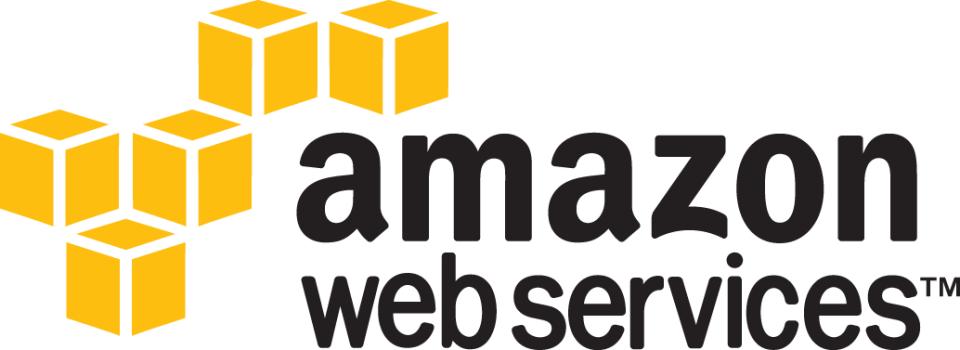Capitalizing on the Cloud
MSBA offers prep to become Amazon Web Services Cloud Practitioner
With the growing popularity and application of cloud solutions, the UC Davis Master of Science in Business Analytics program offered a free prep course for Amazon Web Service’s (AWS) Cloud Practitioner certification. It was a wonderful opportunity that I was able to capitalize on.
In fact, roughly 70 percent of my class has now taken the course and passed the exam.
I’d like to share my experiences and help other prospective students to pass the exam as well.
Why is AWS certification important?

The AWS Cloud Practitioner certification is an excellent way to stand out among other job applicants. More importantly, a fundamental understanding of AWS allows you to utilize its many data-related functions such as machine learning, relational databases, big data storage and processing, etc.
The growing trend in data sciences is less coding and more utilization of large managed services like AWS, Google Cloud Services and Microsoft Azure. Having an AWS certification is a great way to show companies that you are well trained and prepared to use today’s latest tools.
What does it cover?
The certification covers on a high-level the infrastructure and fundamental functions of cloud computing. It starts with the economic benefits of cloud solutions and how Amazon manages the infrastructure. It then dives into its core services such as computing, storage, security, databases, etc.
For someone without a technical systems background, it could seem a bit overwhelming at first, but the course is structured in a way where every section helps you understand a bit more about the big-picture offering of AWS.
The most important takeaways of each section is to understand its practical application (example: cloud storage), the benefits of using this specific AWS module (low costs and high reliability) and how it links to the overall AWS solution (run queries of this data using AWS Relational Database Service).
How did UC Davis help prepare us?
UC Davis provided us with a comprehensive prep course that featured self-paced, online lectures created by Amazon and a weekly in-person lecture with lecturer Noah Gift. His lectures provided context and supplementary understanding for the online material.
As a former tech CTO and founder with a wealth of academic experience, Gift was crucial in helping us understand the technical applications of each module with easy-to-understand examples or stories from his previous work experience. He was also very enthusiastic about the material and practicality of using AWS in our career.
What is the time commitment?
I followed the course syllabus through the fall quarter and scheduled my exam over winter break. I spent about the week before taking practice exams, and rewatching each online lecture and retaking the quizzes. By the time you schedule your exam, you should definitely have a big picture understanding of what AWS is and what it offers.
The exam questions are very similar to that of the online quizzes, so it is important to review and familiarize yourself with as many of the technical names and definitions as possible (for example, knowing the differences between CloudFront, CloudWatch and CloudTrail).
What is the AWS exam like?
One important tip that I helped me during the actual exam process: Skip any questions you are not fully sure of in during your first run-through of the exam.
Many of the concepts and questions become clearer as you go through the test. Specifically, as you go through more questions, you will find subtle hints in later questions based on answer choices or phrases in the question itself, which will help answer the ones you skipped earlier.
Tips from other UC Davis MSBA Students:
- “Understand how the different services fit together like jigsaw pieces, and know how to configure particular service that is the best for a given scenario.” — Abhinav Chatterji
- “Professor Noah’s lectures on AWS Lab sessions are helpful to acquire a real-time practice and application of setting up the service. His lectures also helped me get a better understanding of the holistic structure of AWS.” — Lan Mei
- “Expose yourself to the topics using different mediums so that the buzzwords will stop looking foreign.” — Yuani Chen
- “Read the service descriptions of each service, then try applying them into real use cases to strengthen your understanding.” — William Gao
- "The assessments at the end of every module were helpful for a better understanding of all the services.” — Rohan Ranshinge
- “Go beyond the videos to understand what each service is for. AWS service is about knowing and configuring the particular service that is the best for a given scenario.” — Krithika Sankaranarayanan